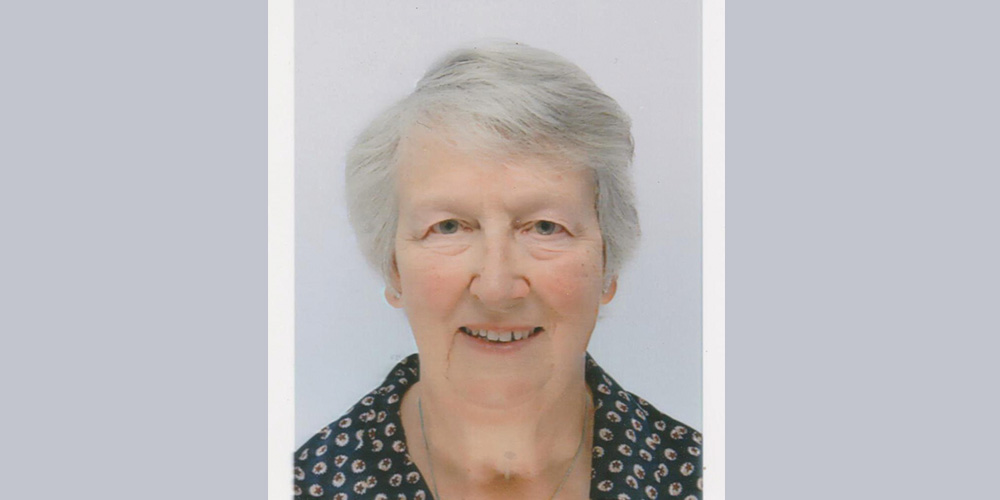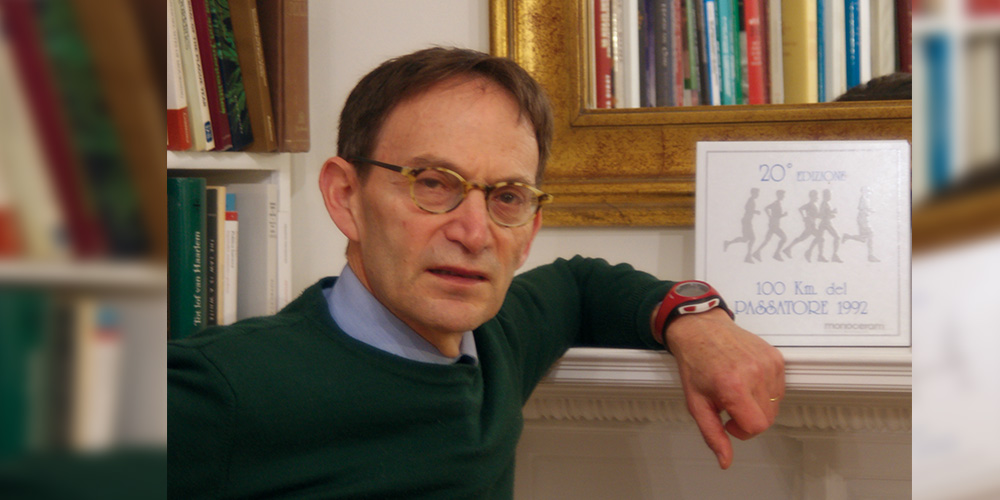Popular wisdom warns that those who ignore history are doomed to repeat it. Will the current COVID-19 pandemic prove the adage true? Cassi Camilleri writes.
As Easter approached, the number of known coronavirus cases in the world had far surpassed a million. Over a third of the planet’s population was under some form of lockdown. Flights were grounded. Schools were closed. Businesses were shut down. People lost their jobs (see p. 22), some lost much more. COVID-19 upended life as we knew it.
Many are describing this time as ‘unprecedented’ and ‘unique’, but the world has been struck by deadly infections before. From swine flu (2009) to the Spanish Influenza (1918), and even the Black Plague (1349), there is much to learn.
We’ve Been Here Before
Dr Jane Orr (British Society for the History of Medicine) is a leading expert on the Spanish Influenza, which Malta managed to keep at bay a century ago, a success she credits to swift reaction and social distancing. ‘Malta closed its schools by early October 1918 and restricted movement to a certain extent before the first case even arrived,’ Orr notes. According to her research, Malta’s chief government medical officer Dr Attilio Critien called on people to stay away from work and crowded places. He asked them to refrain from spitting on the floor or in the street, and deployed officers to places such as theatres to make sure they were not overcrowded. Trams were disinfected daily and people were quarantined on Manoel Island.

Contrast this with health commissioner Royal S. Copeland’s handling of the same affliction in New York City (NYC). A homeopathic physician, Copeland ‘took his time’ to set the ball in motion, notes historian Prof. Sam Cohn (University of Glasgow). ‘Schools, theatres, department stores, the subway, and other public services remained open and life continued as normal.’ He delayed making flu reporting mandatory for about a month. ‘Data from the time shows that New York somehow had the lowest mortality rates of any major US city and there are articles still touting this, but it’s just not true. The numbers are biased,’ Cohn told THINK. ‘NYC actually had the worst mortality rate of any of 47 major cities in the US. Once the disease started to move westward, people reacted immediately and, with only a few exceptions, lower mortality rates [per capita] resulted.’
The effects of inaction towards COVID-19 are already being felt in different areas of the UK and the USA. Case numbers are skyrocketing, putting immense strain on healthcare systems. Cohn points to New Orleans as a cautionary tale. ‘In late February warnings still weren’t being taken seriously and Mardi Gras celebrations were allowed to go ahead. Now data suggests that per capita New Orleans may be as badly hit as NYC. It is certainly the second epicentre of COVID-19, and you can trace it back to Mardi Gras.’
‘The precautions being put in place now to deal with COVID-19 are similar to what we’ve seen in the past, because that is what works. But we are still not reacting fast enough,’ Orr warns.
‘Lessons from history may be learnt but they aren’t remembered very long,’ Cohn concludes.
Old problems, new world
Heraclitus taught his students that they could never step into the same river twice. At this point, it’s not just the water that has changed, but the river itself and us. Earth is now home to nearly 8 billion people, four times as many as in 1918. Air travel is ubiquitous, with 39 million flights annually. Thanks to unions like the EU, borders are no longer what they used to be after WWI. Our communities and economies are more interwoven than ever before. Nowhere is this clearer than in our healthcare systems.
In the 1900s infectious diseases such as cholera and tuberculosis were the leading causes of death, and so hospitals were built to deal with them. Today, not only has their incidence plummeted, but most have treatments and cures. COVID-19 is an anomaly that requires hospitals to regress in ways, and that is difficult for modern hospitals to do.

Orr points to politicians’ selfishness as one reason for insufficient preparations in most societies. ‘Politicians are only interested in what is going to happen up to the next general election,’ she says. ‘The last decade’s austerity has reduced spending on health in places like the UK, so there just has not been enough cash to spend on things that might not be [immediately] needed. If healthcare administrators had the choice of replacing out-of-date protective equipment or using the money to maintain existing services, they would always go for the latter.’
Looking closer at the virus itself and its targets, there seem to be notable differences there too. With the Spanish flu, according to Lone Simonsen and her colleagues writing in The Journal of Infectious Diseases, 99% of deaths in the US occurred in people under 65, and nearly half of deaths were in adults 20 to 40 years old. Though young people aren’t ‘spared’, as the World Health Organization has repeatedly stated, COVID-19 seems to affect older people more. ‘I know of no other pandemic that had this age structure, in which those under ten years old have almost totally escaped,’ notes Cohn. ‘This COVID-19 is an enigma and the uniqueness of this pattern has not been addressed in the media.’
A time for soul searching
People reveal who they are in times of crises and this pandemic is doing just that. ‘Often, diseases are thought to bring out the worst in people,’ Cohn says. ‘There’s a lot of blame and collective violence towards carriers.’ Talking about cholera, Cohn outlines this ‘great conspiracy among marginal populations’ that medical professionals were working with the state to kill off the poor. ‘We saw riots; people burnt down hospitals and killed doctors and nurses. Ebola was a repeat but on a smaller scale, with conspiracy theorists claiming that the high mortality rate was due to doctors killing their patients,’ he adds. COVID-19 is more in line with the reaction to the Spanish flu. ‘We’re seeing an outpouring of altruism as we did then. In Italy, people are singing from their balconies to keep spirits up. In the UK, they have too many volunteers to deal with at the moment. A lot of us are helping each other, supporting healthcare workers. This is not the case for everyone, not 100%, but it’s still notable.’
‘Lessons from history may be learnt but they aren’t remembered very long.’
The pandemic is also exposing cracks within our economic and political models. All over the world, access to healthcare is being prioritised, even in the US. Private enterprises and companies are looking to governments for aid. Over 10 countries are considering some version of universal basic income. Up until very recently, these were labelled as ‘dirty communist’ ideologies ‘favouring the lazy parasites’ in our societies. Not anymore. ‘Most governments are acting like socialists,’ Cohn notes with a smile. ‘This is certainly the case in the UK. They have no choice, really, and that says a lot.’
A few months ago, yesterday’s strict order and structures seemed unmovable. In times like this, there is a golden opportunity for change. But Cohn advises vigilance. ‘The question we now need to ask is; what will the consequences afterwards be? Look at what happened in 2008 and 2009. Who paid for the recession? The poor. They were under austerity, not the rich, and I’m afraid that will happen again.’
‘I am sure that the authorities will try to make sure they are better prepared for the next pandemic,’ Orr says. ‘However, this one is going to cost governments so many billions to make up for the populations’ lost salaries, and bailing out the very many companies that would not survive on their reserves, that it will still be some time before they can concentrate on stockpiling the necessities. I am sure there will be a lot of planning and paper exercises, but will there be the kit that is needed as well?’ Closing with her thoughts on us as citizens, Orr is even less hopeful. ‘One dreams that people will rearrange their priorities after this,’ she says. ‘But I suspect that within a few months people will go back to thinking that the success of their football team, or getting the right coloured hair dye, is all that’s really important!’
Together, we need to make sure that this is not the case. We need to hold authorities and representatives to account. It is clear, now more than ever, that what was once labelled as ‘impossible’ or ‘daydreaming’ isn’t. It might be uncomfortable. It might even be painful. But change always is. We cannot afford to lose this opportunity. Now is the time for transformation.
Further reading:
How Malta kept Spanish flu at bay
Infographic: History of pandemics
Measures taken in 1813 during a bout of plague





Comments are closed for this article!